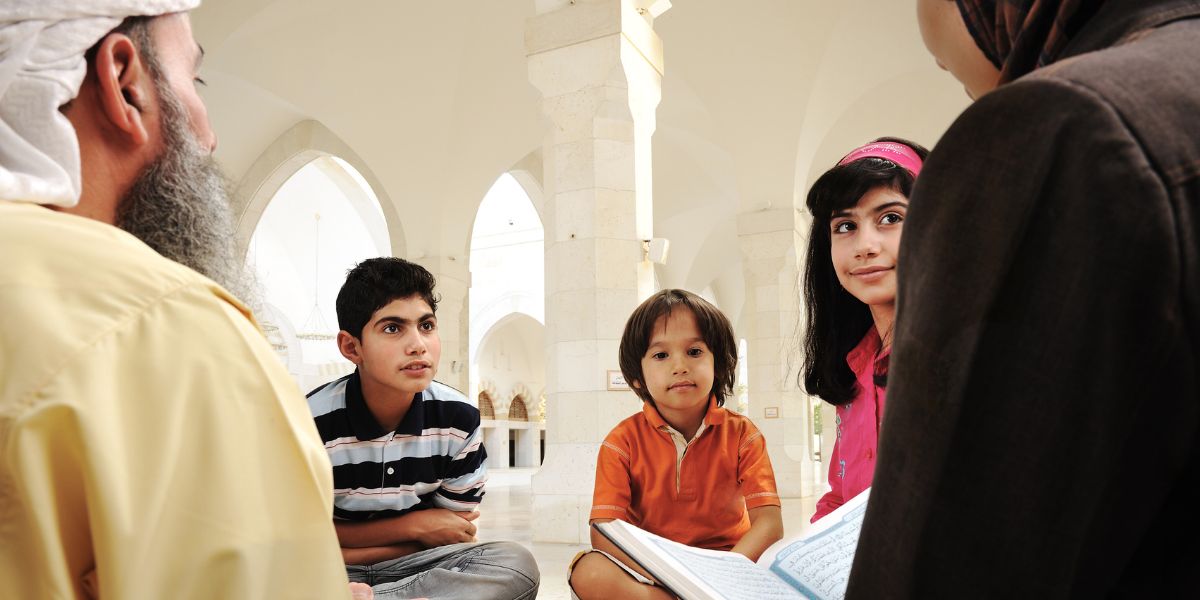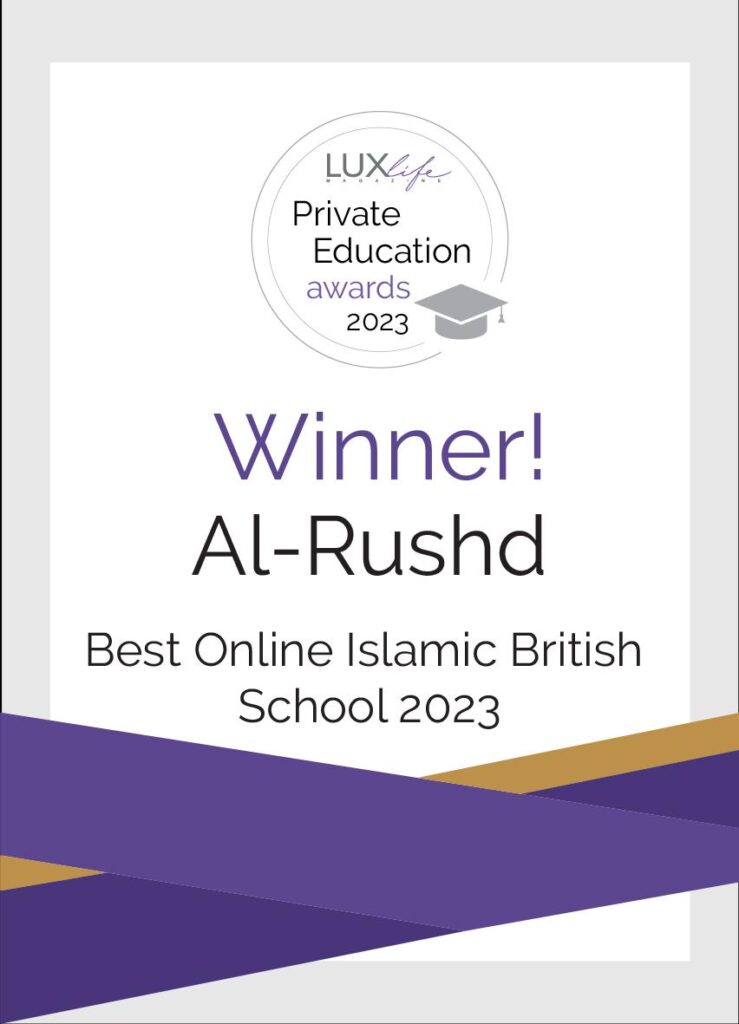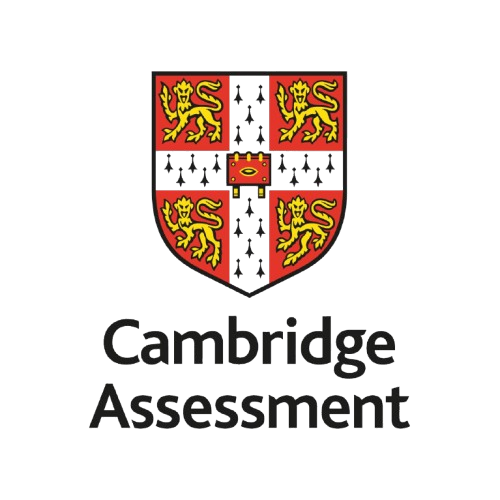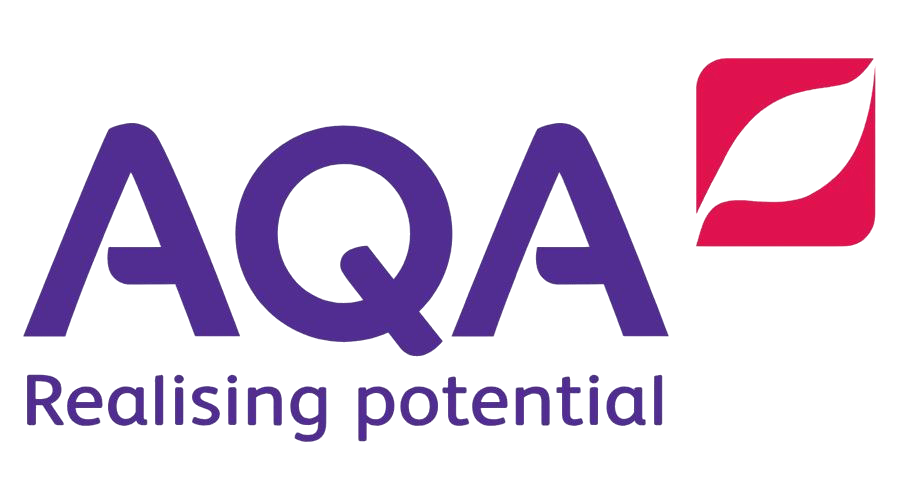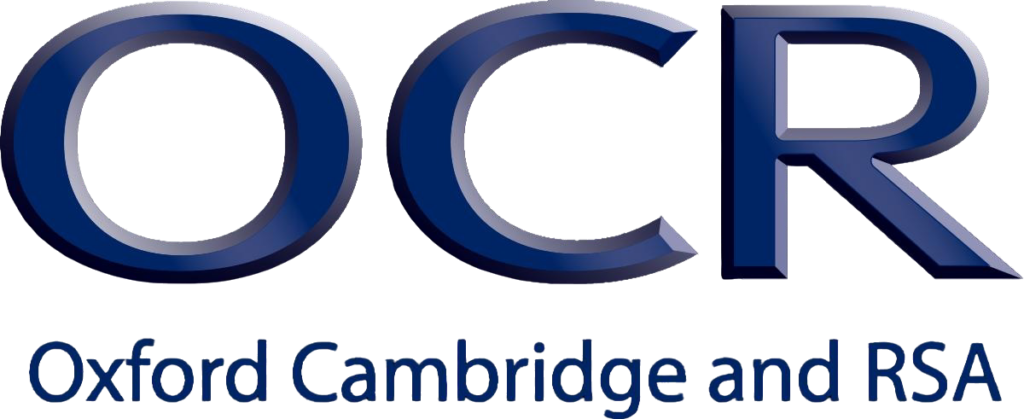The current educational system is undergoing rapid evolution. Parents want their children to understand more than just scholastic knowledge. They want moral standards, honesty, and a religious connection. Many families are using homeschool courses as a solution. An Islamic curriculum combines worldly and religious knowledge in a single, comprehensive package for Muslim households. While meeting current educational standards, it promotes children’s spiritual development.
This blog will examine how Islamic homeschooling courses align with current educational practices. We will look at its benefits, curriculum, subjects, and how it promotes children’s intellectual and spiritual development. This content will help you understand how the two worlds may coexist, whether you’re a parent seeking a homeschool curriculum in the UK or just interested in Islamic education.
The Rise of Home School Curriculum
Homeschooling has gradually gained popularity. Nowadays, many parents choose it because of its versatility. It allows them to focus on the things that matter most to their children. The number of homeschooled children is increasing year after year in countries such as the United Kingdom. One of the causes is that many parents believe that regular schools do not meet their children’s needs.
Some children require a tranquil learning environment. Others require teaching at their own pace. Some parents prefer an education that includes values and religion. Homeschooling allows Muslim families to transmit intellectual and Islamic knowledge. Organisations such as Al-Rushd Independent Online School offer live online courses that seamlessly mix the two topics.
Subjects in an Islamic Homeschooling Curriculum
Many subjects are covered in a proper Islamic homeschooling curriculum. These are divided into two categories:
Academic Subjects
- English
- Math
- Science
- History
- Geography
- ICT
These subjects comply with international or national standards. Parents have the choice of selecting globally recognised and accepted programs.
Islamic Subjects
- Quran memorisation and recitation
- Arabic language
- Islamic Studies
- Seerah (Life of the Prophet)
- Hadith studies
Alignment with Modern Educational Goals
Preparing students for the real world is one of the fundamental goals of modern education. It teaches children how to collaborate, think critically, and solve problems. An Islamic curriculum for kids supports these objectives. For example, Islamic Studies group projects encourage collaboration. Studying the Quran improves concentration and memory. Writing on Islamic issues helps you improve your language skills. Everything is interrelated.
Islamic homeschooling does not reject modern education. It makes it more valuable. It gives purpose to life and helps people develop their personalities. It allows students to mature and become responsible adults.
How Islamic Curriculum Aligns with Modern Education
While helping children grow in character, Islamic education can assist academic success. It combines contemporary disciplines with faith-based learning. Here’s how the two systems work together:
1. Equilibrium Focus on Akhirah and Dunya
Islamic homeschooling promotes spiritual and secular awareness. Along with learning English, maths, and science, children also discover their life’s purpose. The dual focus strengthens a child’s identity. They are ready for the world and grow up with trust. By learning to balance devotion with academics, students integrate education into their spiritual growth. This combination is organised at schools like Al-Rushd through specific timetables that combine daily Islamic practice with academics. It is about combining the two ways, not choosing one over the other.
This strategy teaches children that success in this world is linked to success in the afterlife. It promotes the idea that education is a form of dedication. Spirituality inspires students to achieve success. Their goals take on greater meaning when they are guided by faith.
2. A concentration on character development
Social-emotional learning is promoted in modern schools. Islamic schools already teach the values of honesty, kindness, and respect. The goals of contemporary education are intrinsically consistent with these ideas. The Prophet’s life stories help kids develop emotional intelligence. They also acquire gratitude, patience, and dispute resolution skills. Children put these principles into practice in their daily lives through talks, role-playing, and parental supervision. Al-Rushd’s lecturers help pupils apply Islamic concepts in real-world situations.
Children are educated to be moral people and Muslims. They cultivate a lovely heart and proper manners. These ideas allow them to overcome problems peacefully and build deeper friendships. Grades become less important than character.
3. Excellent communication and language skills
Islamic homeschooling involves reading, memorising, and discussing religious materials. This enhances both understanding and vocabulary. Learning to recite the Quran and explain Islamic stories helps students strengthen their written and verbal communication skills. Students can express themselves adequately, write remarks in English, and read Arabic. When paired with modern English classes, this results in a well-rounded linguistic proficiency. This is reinforced by schools such as Al-Rushd, which offer confidence-boosting creative writing and oral discussion programs.
This combination allows children to express themselves in several languages. They gain confidence when writing and speaking. It improves their academic performance and their ability to communicate clearly. It becomes a natural ability to communicate.
4. Promotes critical thinking
When studying Islamic principles, one frequently wonders, “Why do we pray?” or, “How does Islam advance justice?” These interactions promote reflection and rationality. In conjunction with modern education, students learn to enquire, analyse, and comprehend. Al-Rushd’s Islamic Studies program involves open-ended debates in which students respectfully exchange their points of view, explore history, and evaluate hadith. This combination strengthens analytical abilities, which are necessary for future academic and personal success.
Children learn to weigh their options before acting. They develop the ability to understand deeper meanings and ask intelligent questions. This prepares pupils to face real-world assessments and decisions. They cultivate balanced, intelligent brains.
5. Using adaptable tools for structured learning
Modern education includes lesson plans, digital resources, and a flexible learning speed. The same is true for Islamic homeschooling. Many curricula contain scheduled reviews, online courses, and e-books. Al-Rushd offers live classes, recorded lessons, and evaluations. Students benefit from flexible yet structured routines. This allows for faith-based guidance while replicating educational settings. Prayer or Hifz goals can also be accommodated with flexible times.
This adaptability helps keep learning focused and stress-free. Children can stay on track without ignoring their Islamic commitments. Parents can direct teaching based on their family’s requirements. The program is applicable to both everyday life and religion.
6. Prepare for the real world
Islamic education teaches to make informed decisions, deal fairly, and conduct themselves honourably. These qualities are necessary for any vocation. Islamic education, mixed with contemporary disciplines, prepares students for life rather than just exams. Al-Rushd schools help students navigate the real world using ethical principles by teaching business disciplines alongside Islamic finance. As they strive for academic success, their moral compass remains steady.
Every job or function teaches youngsters to uphold principles. They carry honesty and trust with them everywhere they go. They keep their principles in mind while working. Their education provides a detailed roadmap for their future.
Reasons for Parents to Choose Islamic Homeschooling
With Islamic homeschooling, parents have more control over what and how their children learn. Furthermore, it ensures that Islamic ideals remain central to their education.
1. Solid religious basis
Many parents want their children to remain close to Islam. Islamic homeschooling allows them to lay a strong spiritual foundation early on. Children are taught to fast, pray, and behave respectfully. Stories from the Quran and Hadith are used in the lessons. These lessons shape their views and behaviour. When children are raised by Islamic teachings, they are more likely to hold such ideas.
Organizations like Al-Rushd help to maintain this equilibrium by offering Quran instruction during regular school hours. It becomes a habit to study Islam every day, not only on weekends. Young people take pride in their Muslim identity. They form firm ideas and immaculate manners. They will carry this foundation with them for the rest of their lives.
2. A safe setting for learning
Some parents are concerned about peer pressure, bullying, and objectionable materials in public schools. Islamic homeschooling offers a secure environment. Children can learn peacefully at home. Adverse effects are not present. Parents have control over what their children are taught. They ensure that their children learn in a way that fosters emotional and mental well-being.
Children can stay focused and acquire confidence in this safe setting. Al-Rushd and other online universities support secure digital learning by implementing student protection measures and monitoring classroom interactions.
Students are not pressured to follow trends or conform. Instead, they can focus on developing and learning new skills. They remain pleased and at ease in this peaceful setting.
3. Flexible hours and tailored instruction
Not everyone fits into a single size. Every child learns differently. Islamic homeschooling allows you entire freedom. Parents can adjust the schedule and training method. Lessons can begin early if the child learns best in the morning. Parents can adjust the amount of time spent if their child enjoys Arabic but struggles with maths. This personalised method guarantees better comprehension and outcomes. Al-Rushd’s method, which combines customised teacher support and flexible live sessions, has the potential to benefit every child.
No youngster feels rushed or abandoned. Learning becomes less stressful and more enjoyable. Children can gradually improve their areas of weakness and uncover their strengths. This independence increases self-esteem and motivation.
4. Stronger family ties
There is more quality time spent homeschooling. Together, parents and children learn, communicate, and grow. This develops strong bonds. Children have more faith in their parents. They discuss ideas and make inquiries. Faith-based education encourages group activities and family prayers. These meetings foster long-lasting bonds.
Schools like Al-Rushd provide parents with tools that encourage active family engagement and include them in progress reports. Children experience affection and encouragement while studying. Parents have a better understanding of their children’s needs and aspirations. The family becomes closer via daily interaction. These partnerships last a lifetime.
Homeschooling Difficulties: How to Overcome Them
Being a homeschooler is not always easy. It involves planning, time, and effort. Parents may face challenges like:
- Children’s lack of social interactions
- Limited availability of educational materials
- Specific subjects are challenging to teach.
However, these problems are solvable. Numerous Islamic homeschooling networks offer resources and support. Parents can attend workshops, join organisations, and share teaching strategies. Online materials also include directions, videos, and lessons. Schools like Al-Rushd address these difficulties in various ways, including peer group projects, interactive online courses, and comprehensive course materials.
1. Insufficient social engagement
Many people are concerned that children who are homeschooled would miss out on teamwork and camaraderie. Children may feel isolated due to a lack of regular classroom contact. This has an impact on both confidence and social development. Parents can avoid this by enrolling their children in online group classes or local homeschooling organisations. Platforms like Al-Rushd offer regular virtual group discussions, collaborative projects, and extracurricular activities to boost student participation and socialisation.
2. Limited educational resources
Parents may have difficulty locating high-quality educational resources. Aligning Islamic subjects with academic norms could be difficult. Using systems that deliver structured material is the solution. Schools like Al-Rushd save time and ensure quality by providing comprehensive packages that contain both academic and Islamic training. Furthermore, parents can supplement with free online Islamic resources, storybooks, and educational activities.
3. Teaching complex subjects
Subjects such as arithmetic and physics may be difficult for parents who have not taught before. This may cause frustration for both the parent and the youngster. The alternatives include using video lectures, taking online classes, and employing tutors. All courses at Al-Rushd are conducted by trained teachers, ensuring that children receive professional training while their parents provide moral guidance.
4. Parental time management
For working parents, the time and effort required for homeschooling might seem overwhelming. Balancing work, home, and teaching can be challenging. The planning burden is reduced by using organised internet platforms like Al-Rushd. Flexible timetables and recorded lessons help parents manage their time more effectively.
FAQs
1. How can I develop a complete Islamic homeschool curriculum?
Starting with fundamental classes such as science, math, and English will help you develop an Islamic homeschool curriculum. Choose respected programs that meet your nation’s academic criteria. Next, include Islamic subjects such as Arabic, Seerah, Fiqh, and Quran memorisation. Create a daily regimen that consists of both.
You can learn Islam in the afternoon and academics in the morning. Incorporating films, interactive apps, and Islamic storybooks can help keep instruction entertaining. Many Islamic homeschooling websites offer worksheets, lesson plans, and whole curriculum packages. These help new parents and save time. Additionally, talk about your child’s interests with them. The key to success is participation and adaptability.
2. What are the advantages of homeschooling using an Islamic curriculum?
Islamic homeschooling builds a solid religious and academic foundation. Children are educated in a safe, morally based environment. Parents can select the pace and subjects. Children learn about Islam from an early age, which helps them build moral character and good manners. Furthermore, kids receive more personalised treatment.
Learning outcomes are improved as a result. Furthermore, homeschooling eliminates the negative impacts found in some schools. The parents are aware of the subjects their children are studying. They feel a sense of connection and involvement. To summarise, Islamic homeschooling encourages cerebral, emotional, and spiritual development.
3. Does the United Kingdom support the Islamic homeschooling curriculum?
Homeschooling is legal in the United Kingdom, and parents have the freedom to choose an Islamic curriculum. Families are not obligated by law to follow the National Curriculum. The education, however, must be tailored to the child’s needs, age, and aptitude. Parents can mix academic topics like English and arithmetic with Islamic themes.
Many people also take GCSE or IGCSE tests. Islamic homeschooling networks include group classes, support, sports, and even field trips. This keeps children socially linked while they learn in a religious setting.
4. How can I involve young children in Islamic studies?
Make lectures into games, crafts, and stories to make learning about Islam more enjoyable. Children love simple language and colourful images. Tell them picture-book prophetic stories. Engage in exercises like dua memory tasks or Arabic flashcards. Crafts such as creating Ramadan calendars or a model mosque are also beneficial.
Lessons should be concise and often repeated. Add short videos, nasheeds, and songs. Give them plenty of praise and be enthusiastic. As a result, they maintain their motivation to learn. Apps for Islamic children’s education are also accessible.
5. Can someone without any teaching expertise start homeschooling?
Indeed, many parents without prior teaching experience effectively homeschool their children. Start with a basic timetable and plan. Use pre-made homeschool programs that include resources and directions. Use kid-friendly apps, books, and internet videos about Islamic topics. Participate in a local or online support group.
These organizations offer information, ideas, and assistance. Be honest with your child and strive together to learn. Homeschooling provides flexibility. Do not rush; instead, focus on learning and progress. You will gain confidence over time. The most crucial qualities are patience, love, and consistency.
Conclusion
The Islamic home school curriculum provides a holistic educational experience that incorporates both academics and faith. It prepares children to thrive in both this world and the next. There are several benefits, ranging from having a strong moral character to learning about the real world. Families remain close, parents take responsibility, and children gain confidence. Islamic homeschooling is now easier, more accessible, and more effective than ever before, thanks to increased online support and organised platforms like Al-Rushd Independent Online School.







